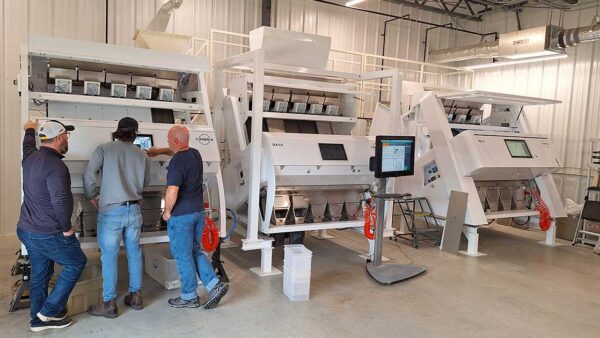The Indian Council of Agricultural Research (ICAR) wants to conduct trials of genetically modified crops but activist groups pressure the government not to. ICAR’s strategic plan, known as Vision 2050, outlines that research into GMOs is one of nine areas that must be harnessed for the country to enhance productivity, improve nutrient availability and increase farm income._x000D_
_x000D_
According to ICAR, “Genetic enhancement is considered to be a major option to bridge the demand and supply gap under normal situations, as well as under projected scenarios of increased frequency and intensity of stresses.”_x000D_
_x000D_
Prime Minister Narendra Modi released a document July 25 that recognizes that GMOs do not provide a “miracle solution” to all problems; however, he noted that scientific research in this area, backed by proper field trials would help in dealing with safety and ethical aspects of genetically engineered crops._x000D_
_x000D_
While India’s central regulator, the Genetic Engineering Appraisal Committee (GEAC), has approved field trials of transgenic rice, wheat, maize, sorghum, cotton, brinjal, mustard, potato, sugarcane and chickpea, it’s up to the individual states to give approval to seed companies to conduct those trials._x000D_
_x000D_
As part of its structure, the GEAC made it mandatory for seed companies and research institutions to first get approval from the state where they want to conduct field trials. As a result, trials of many transgenic varieties of food crops have been declined. Source: The Times of India.













